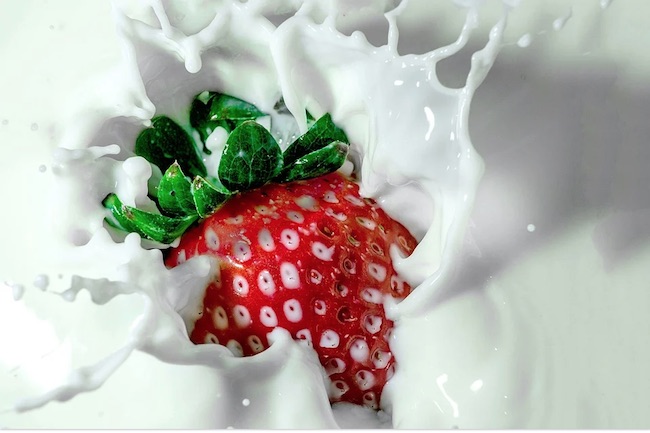How Potato Milk Measures Up Against Other Plant-Based Milk Alternatives By Duane Mellor, Aston University via Natural Blaze
It seems like almost every plant-based food is being turned into “milk” these days, the latest being potato milk.
It’s not surprising that potatoes have been chosen to be the latest plant-based milk. After all, potatoes have many health benefits because they’re full of important vitamins and nutrients. But how do they measure up to other popular plant-based milks?
Protein content
No matter the type of plant-based milk, they only contain a fraction of the ingredient they’re derived from. For example, only 10% of the volume of a carton of rice or oat milk comes from these grains. Soy drinks contain between 5%-8% of the actual soya bean, and almond milks contain as little as 2% of the actual nut. Since coconut uses the cream or milk from the fruit, it contains between 5%-13%, depending on how creamy the product is. And based on the current potato milk products out there, a one-litre carton only contains around 60g of an actual potato – a small potato.
The problem with this is that these milks now contain far fewer vitamins and nutrients than the raw ingredient would. This may make them less nutritious than they would be if you ate the ingredient whole.
Take protein, for example. Ingredients like almonds are naturally great sources of protein containing over 20g of protein per 100g of almonds.
But after processing, 100 millilitres of almond milk only contains around one gram of protein. This is actually the same amount of protein you’d find in the same amount of oat milk – even though oats contain far less protein (13.5g per 100g).
Soya milk is better as it contains more of the soya beans compared with almond milk. In fact, soya milk gives around 3-3.5g of protein per 100ml. This is about as much protein as you get in the same amount of cow’s milk. And like cow’s milk, soya milk contains essential amino acids which our body isn’t able to naturally produce. Amino acids are important as they ensure our body works properly – such as by helping our muscles keep moving.
Potatoes are already low in protein. This means that after processing, potato milk contains about as much protein as coconut and rice milk – less than 0.5g of protein per 100ml. But some potato milk brands do supplement with pea protein, which makes a 100ml serving have around 1.3g of protein.




